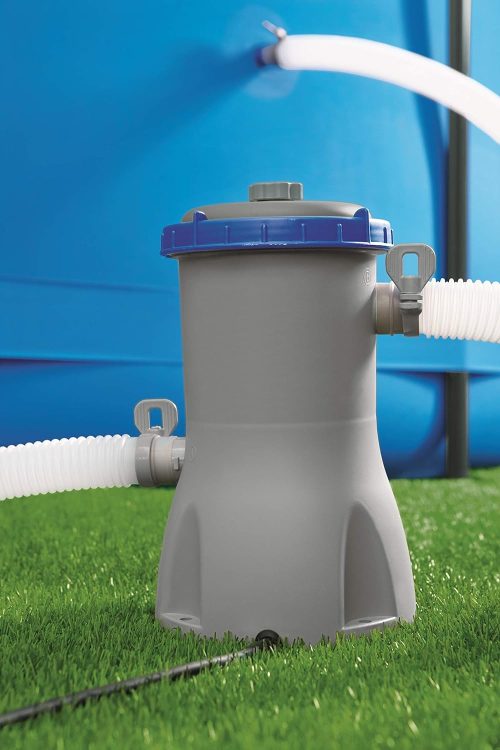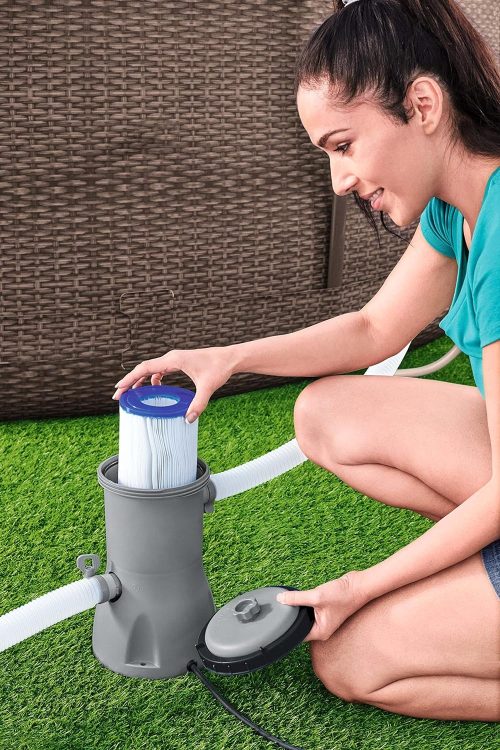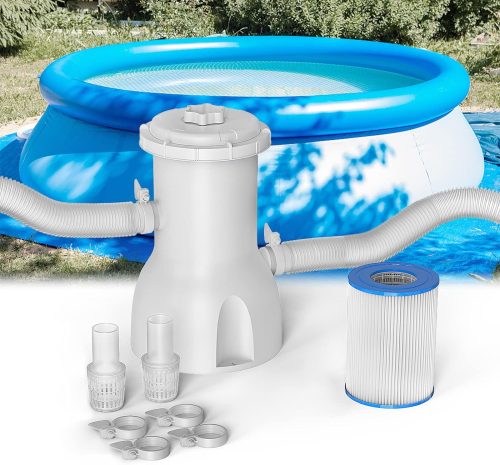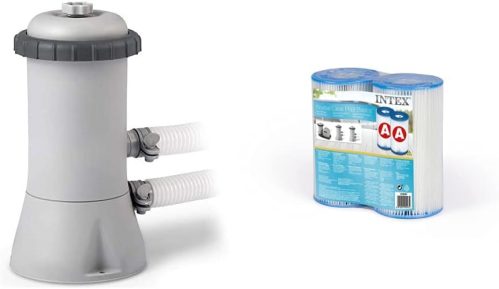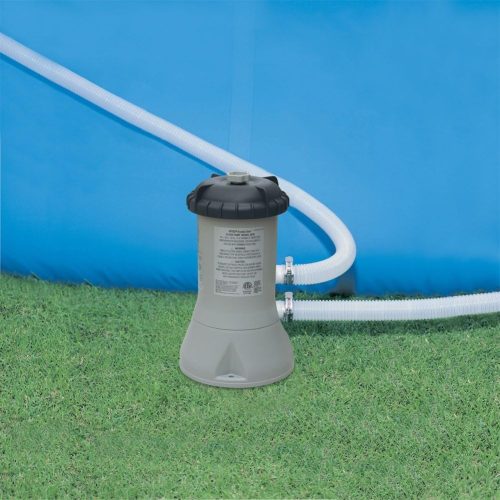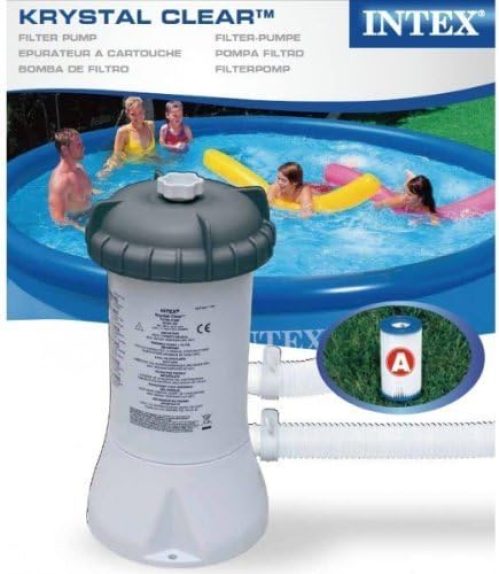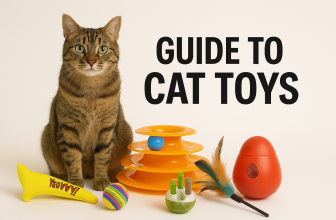If you own a swimming area, it is essential to keep it spotless. A pool that is dirty not only looks bad, but it could be a breeding ground for pathogens that can cause all kinds of diseases, including numerous kinds of skin diseases.
This is why we created this post about the things you should know to ensure you get the ideal pools pumps to suit your business or home! There are many options available ranging from simple-to-install diaphragm pumps right up to submersible pumps with high-performance.
What Is the Best Way to Choose the Right Pump for My Pool?
The most important thing you should consider when choosing the correct pool pump is its suction and pressure. If your pump does not have enough suction, it will struggle to suck up any water. On the opposite side of this, if the pump have more suction than required, it might suck up a lot of air and cool down the pool rapidly which can be a very bad thing for your swimming area.
So knowing how much power you need is important to get a pump that will work with your area. Ensure you also know what kind of filters you need to attach with the pool pumps as they are not all compatible with all kinds of filters used in swimming areas.
What Size Pump Do I Need for My Pool?
The next thing you should think about is what size pump you need. Do not make the mistake of choosing the biggest pump on the market if it is not necessary. If you have a pool that is smaller than 25 feet, then getting a huge pump is just wasting money and electricity.
The best way to determine what size pump is required for your pool area is to measure the surface area of your swimming hole and add 15 percent for turnover. This will give you an approximate size for pumps you should be looking at for your pool area.
How Much Electricity Do These Things Use?
Another concern people often have when purchasing a pool pump is how much they will increase their electricity bill every month as they were expensive machines.
How Long Should a Pool Pump Last?
In the past, pool pumps were built to last longer than their warranty period but this is changing and most of the modern models are not made to last for more than five years of constant use.
It is hard to say how long a pump will work for you because many factors will influence its lifespan. The build quality of the device, how much it is used, where you live and what kind of environment it will be used in can all have an impact on how long your pump lasts. If you have well water or if you live in a place where humidity is high, then condensation could cause problems with your pump which could result in early repair bills or even replacement earlier than expected.
Can a Pump Be Too Big for a Pool?
One of the big mistakes people make is to choose a pump for their pool that is much too big for their swimming area. A mistake that can be avoided in this case is to measure the surface area of your pool before you order a pump, ensuring it matches what you need.
Getting a large pool pump will almost always result in more work and higher bills. Sure, if you are upgrading from an older model and need a bigger one to suit the volume of water you had before, then choosing a large-sized pump is okay for this situation.
Does HP Matter for Pool Pump?
A good quality pump should last you for a long period of time but this is not always the case with pool pumps as some of them struggle to stand up against harsh weather conditions and can even ages faster than others.
So, how can you know what is the best HP pool pump? The answer to this question is quite simple; you just need to know how hard your swimming area should be pumped and then choose a pump that will best suit it.
List of The Best Pool Pumps ( Amazon )
Conclusion
Now that you know everything you need to know about pool pumps and how they work, it should be easier to make a decision on which one to buy in the future. Thanks to the tips we gave here, you made sure you are not buying the wrong-sized pump and are eyeing the ones that can stand up against any kind of harsh weather conditions.
We hope this helped! Do not forget to share this post with your friends and family on Facebook, Twitter, Google+ or Pinterest.

